27 GPTs for Signal Processing Powered by AI for Free of 2026
AI GPTs designed for Signal Processing are advanced generative pre-trained transformer models specialized in handling and analyzing signal data. These tools leverage deep learning to offer tailored solutions for processing, analyzing, and interpreting various types of signals, such as audio, electromagnetic, and sensor data. Their relevance lies in their ability to adapt to the intricate needs of signal processing, enabling more efficient and accurate analysis compared to traditional methods. By incorporating AI GPTs, professionals can harness powerful computational capabilities for signal detection, filtering, and transformation tasks, pushing the boundaries of what's possible in the field.
Top 10 GPTs for Signal Processing are: Matlab,Student - Electrical and Electronics Engineering,Matlab,Electronics and Circuit Analysis,Vitis High Level Synthesis (HLS) Hardware Design,Apple Accelerate,Professor EEE,Fourier Transforms Calculator,Fourier series,MATLAB
Matlab
Empowering Innovation with AI-driven Matlab

Student - Electrical and Electronics Engineering
Empowering future engineers with AI-driven insights

Matlab
Empowering innovation with AI-powered analytics
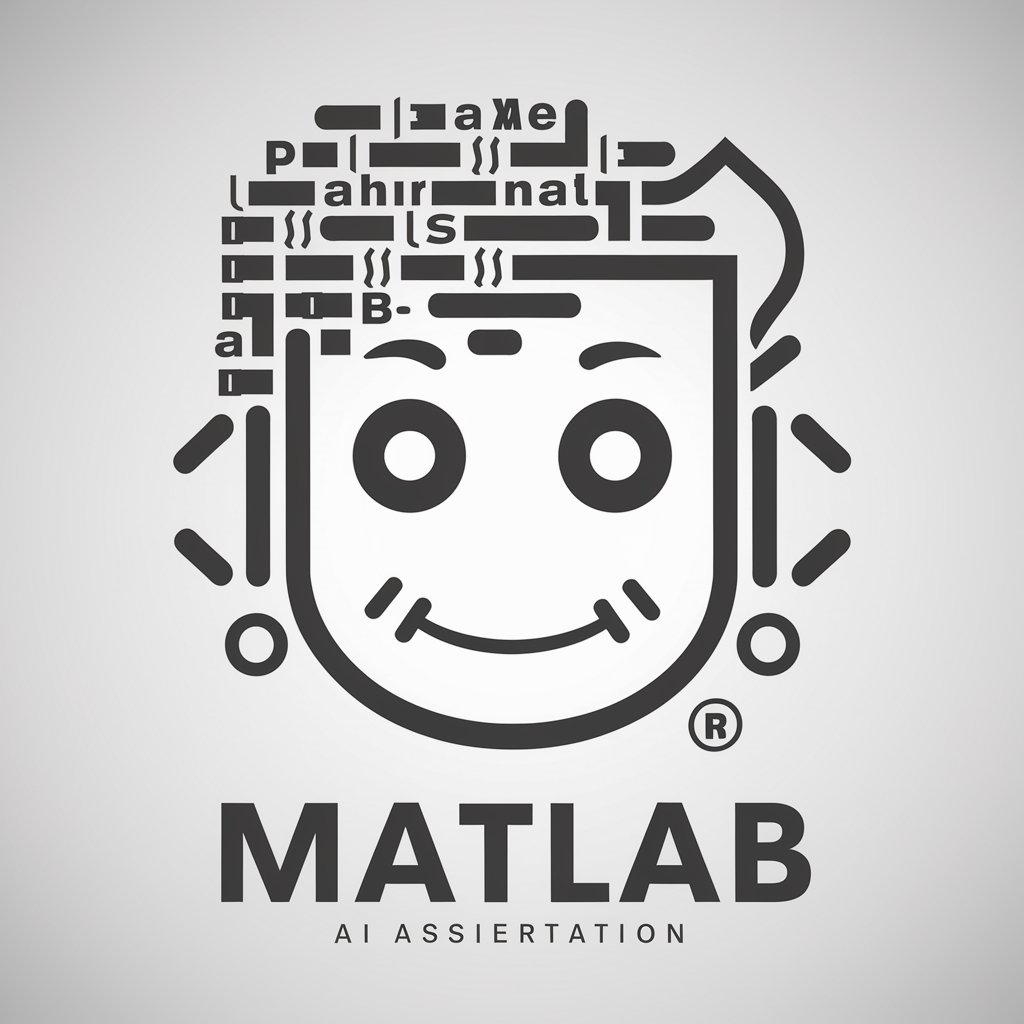
Electronics and Circuit Analysis
AI-powered Circuit Solver and Analyzer

Vitis High Level Synthesis (HLS) Hardware Design
AI-powered high-level synthesis for FPGAs.

Apple Accelerate
Empower your app with AI-driven efficiency

Professor EEE
Powering Engineering Minds with AI

Fourier Transforms Calculator
Transforming data with AI precision
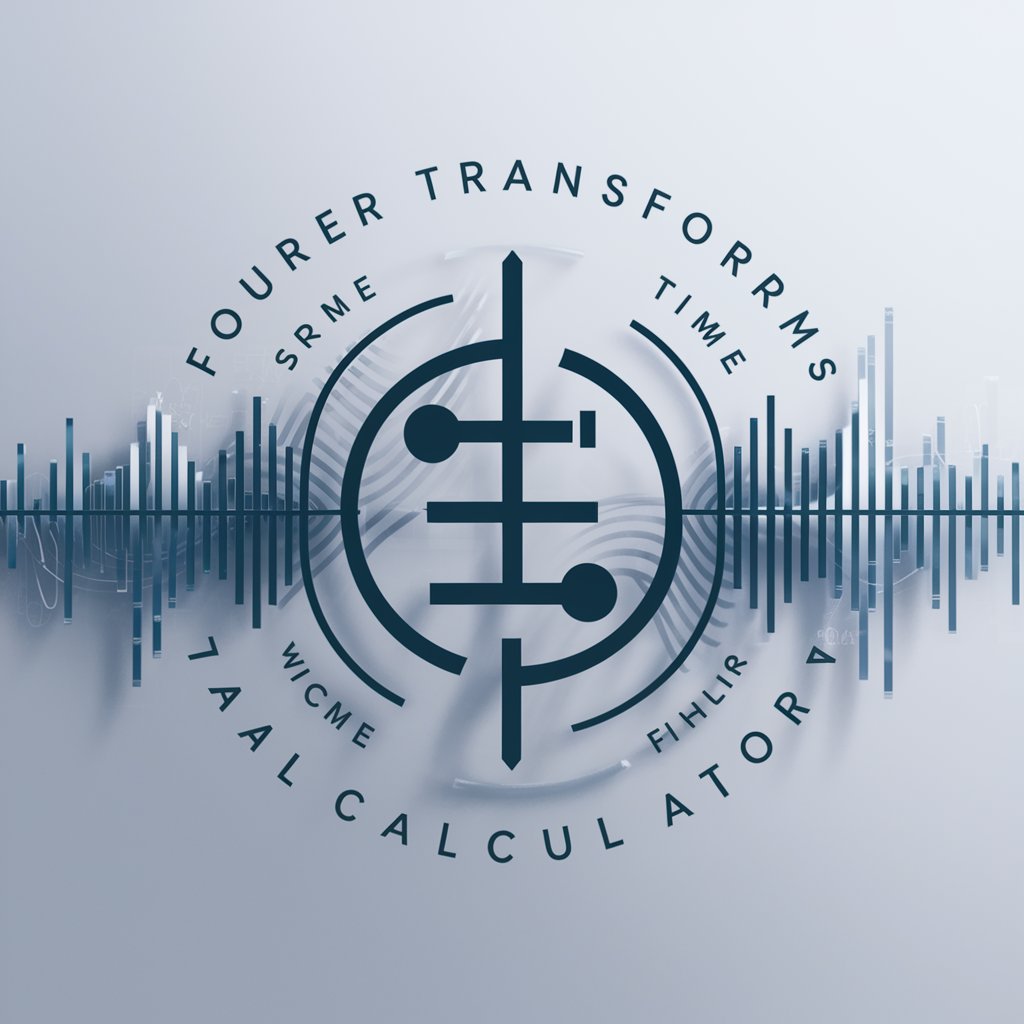
Fourier series
Decompose and Analyze Signals Intelligently

MATLAB
Empowering innovation with AI-driven MATLAB solutions
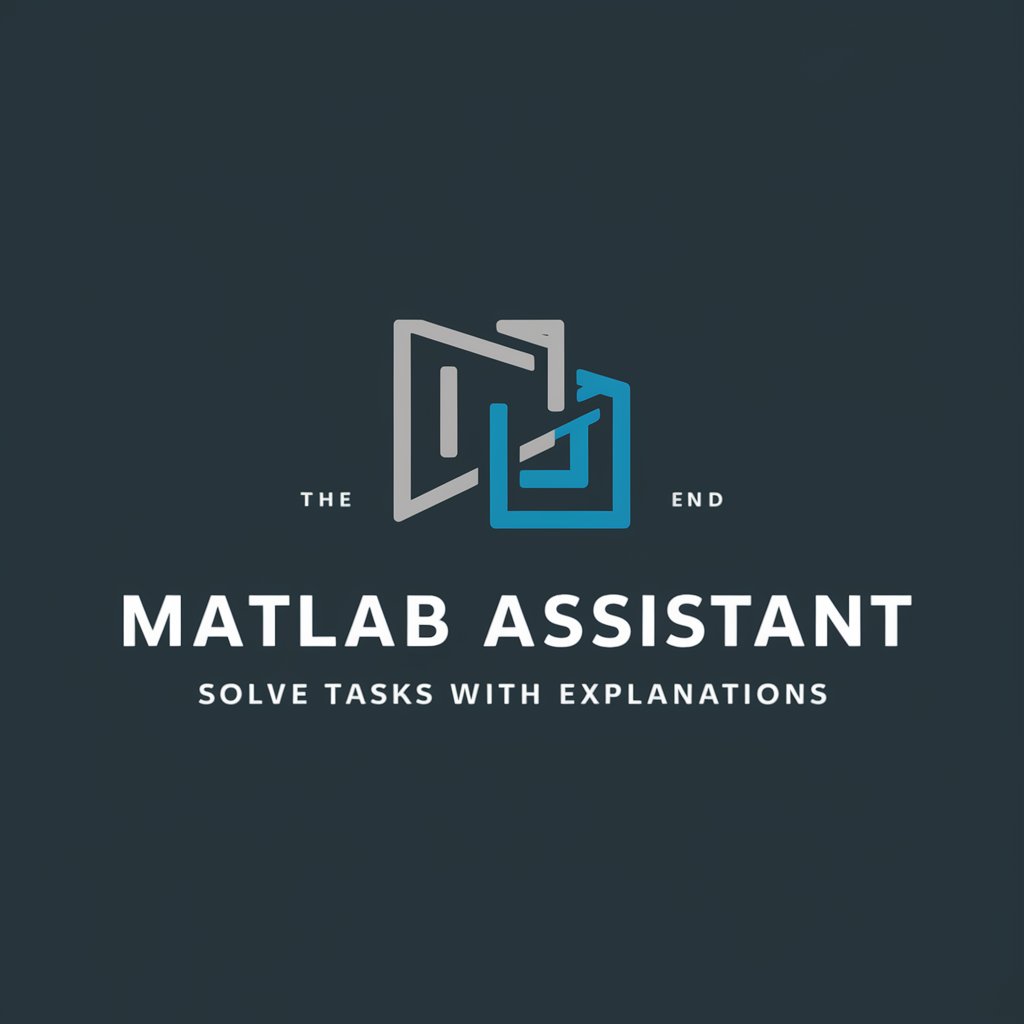
Paper Reader
Unlocking Deep Learning and Signal Insights

JOS GPT
Powering Education with AI

CleanMatics
Unlock Math and Signal Processing with AI

Torchaudio Expert
AI-Powered Precision in Audio Analysis

EMG Data Preprocessing Assistant
Empowering EMG Analysis with AI

Information Theory(David J.C Mackay)
Unraveling data's secrets with AI
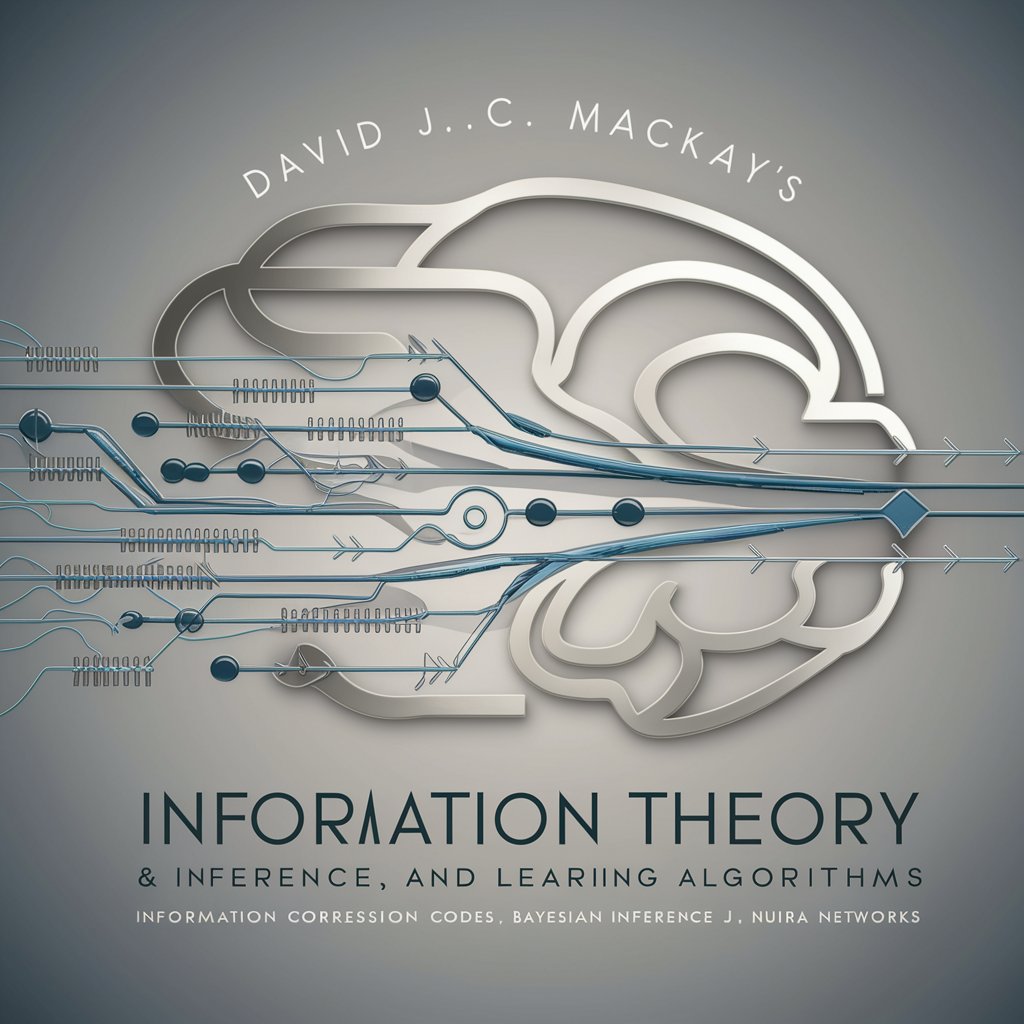
Encoding Expert
Revolutionizing Data Encoding with AI

FFT-GPT
Transforming Data Analysis with AI

Signal Savvy
AI-Powered Signal Processing Insights

Apple Accelerate Complete Code Expert
Empowering computations with AI efficiency

Matrix Method in Data Analysis Tutor
Empowering analysis with AI-driven insights.
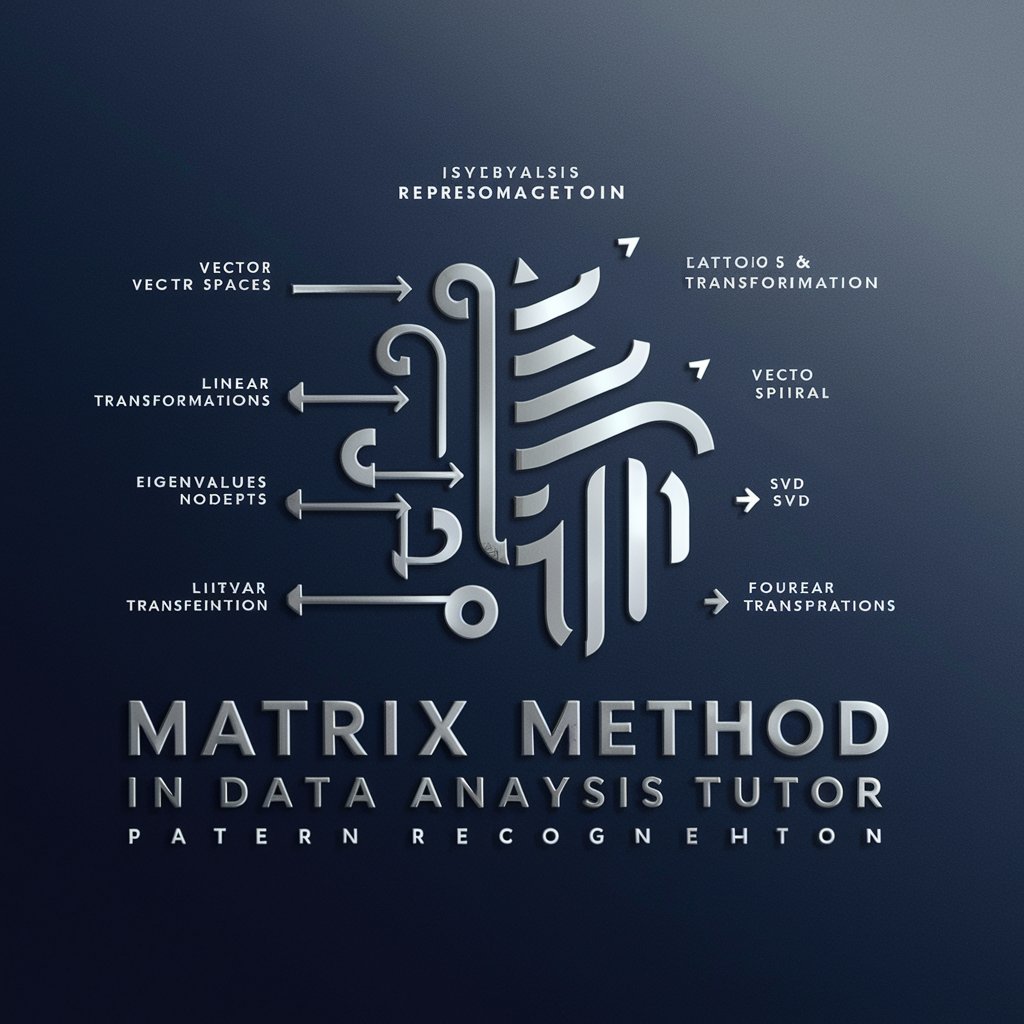
Python API Scripter
Automate and control USRP devices with AI-driven Python scripts.
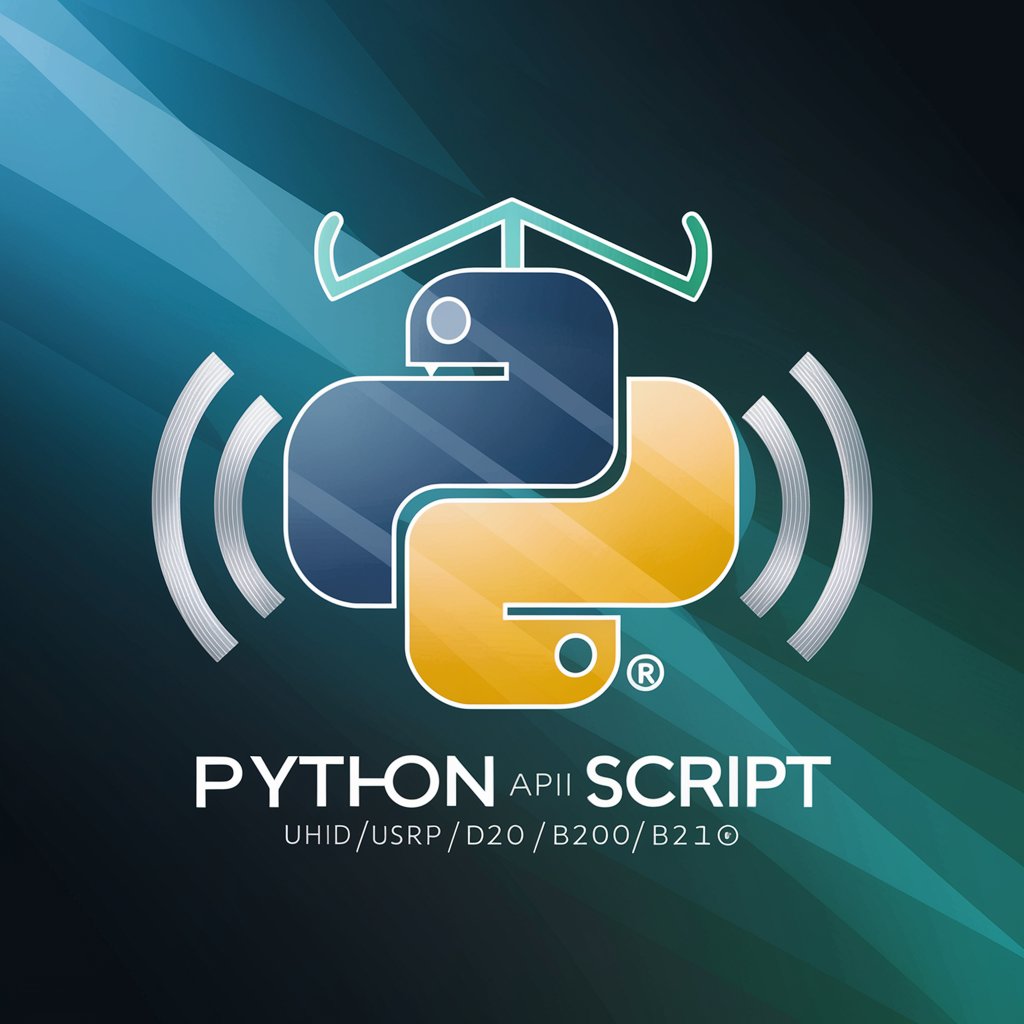
MATLAB Maven
Powering Electronics with AI

Noise Master
Craft Your Noise, Analyze Your Signal

Distinctive Capabilities of AI GPTs in Signal Processing
AI GPTs for Signal Processing stand out due to their adaptability and broad range of functions, from basic signal analysis to complex pattern recognition. They are capable of processing large datasets swiftly, learning from data to improve accuracy over time, and providing insights into signal behavior. Special features include advanced noise reduction techniques, signal classification, anomaly detection, and predictive analytics. Moreover, these tools can integrate with existing data processing frameworks, offering seamless implementation and user-friendly interfaces for professionals and novices alike.
Who Can Benefit from Signal Processing AI GPTs
These AI GPT tools cater to a wide audience, including novices interested in learning about signal processing, developers seeking to build sophisticated signal analysis models, and professionals in fields such as telecommunications, healthcare, and engineering. They are particularly valuable for those without deep coding skills, thanks to their intuitive interfaces, while also offering advanced customization options for experienced programmers looking to fine-tune algorithms or integrate specific functionalities into their projects.
Try Our other AI GPTs tools for Free
Image Enhancement
Explore how AI GPTs for Image Enhancement revolutionize image quality improvement, offering advanced, user-friendly tools for professionals and enthusiasts alike.
Mathematical Computing
Explore AI GPTs for Mathematical Computing: Transforming abstract mathematical concepts into accessible solutions with advanced AI, tailored for students, professionals, and developers alike.
3D Modeling
Discover how AI GPTs for 3D Modeling revolutionize design with intuitive tools that simplify complex tasks, making professional 3D modeling accessible to all.
Opponent Analysis
Discover how AI GPTs for Opponent Analysis can transform your competitive strategy with advanced insights and tailored solutions.
Gameplay Adaptation
Discover how AI GPTs for Gameplay Adaptation are transforming the gaming industry with innovative solutions for developers and engaging experiences for players.
Investor Engagement
Discover how AI GPTs revolutionize investor engagement with real-time data analysis, personalized communication, and predictive insights, tailored for financial professionals and novices alike.
Expanding Horizons with AI GPTs in Signal Processing
AI GPTs are transforming signal processing by making it more accessible, efficient, and accurate. Their ability to learn and adapt offers unprecedented possibilities across various sectors. Furthermore, the integration of these tools into existing workflows can significantly streamline operations, making sophisticated signal analysis more accessible to a broader audience. The evolution of AI GPTs continues to unlock new potential, fostering innovation in signal processing applications.
Frequently Asked Questions
What exactly are AI GPTs for Signal Processing?
They are specialized AI models trained to understand and manipulate signal data for various applications, such as noise reduction, feature extraction, and predictive modeling.
Can AI GPTs for Signal Processing handle real-time data?
Yes, these tools are designed to process and analyze data in real-time, offering timely insights and responses for critical applications.
Do I need programming skills to use these tools?
Not necessarily. While programming skills can enhance customization, many GPTs for Signal Processing are designed with user-friendly interfaces for easy use.
How do AI GPTs improve signal analysis?
They leverage deep learning to automatically identify patterns, reduce noise, and predict future signals with high accuracy, surpassing traditional methods.
Can these tools be integrated into existing systems?
Yes, AI GPTs for Signal Processing are designed for easy integration with existing data analysis and processing systems to enhance their capabilities.
What makes AI GPTs different from conventional signal processing tools?
AI GPTs can learn from data, improve over time, and handle complex, non-linear signal processing tasks more efficiently than conventional tools.
Are there any specialized fields within signal processing where AI GPTs are particularly useful?
Yes, they are especially beneficial in fields requiring precise and complex signal analysis, such as biomedical signal processing, telecommunications, and environmental monitoring.
What are the limitations of AI GPTs in signal processing?
While powerful, they require significant computational resources and large datasets for optimal training and performance. Additionally, their outputs sometimes need expert validation.